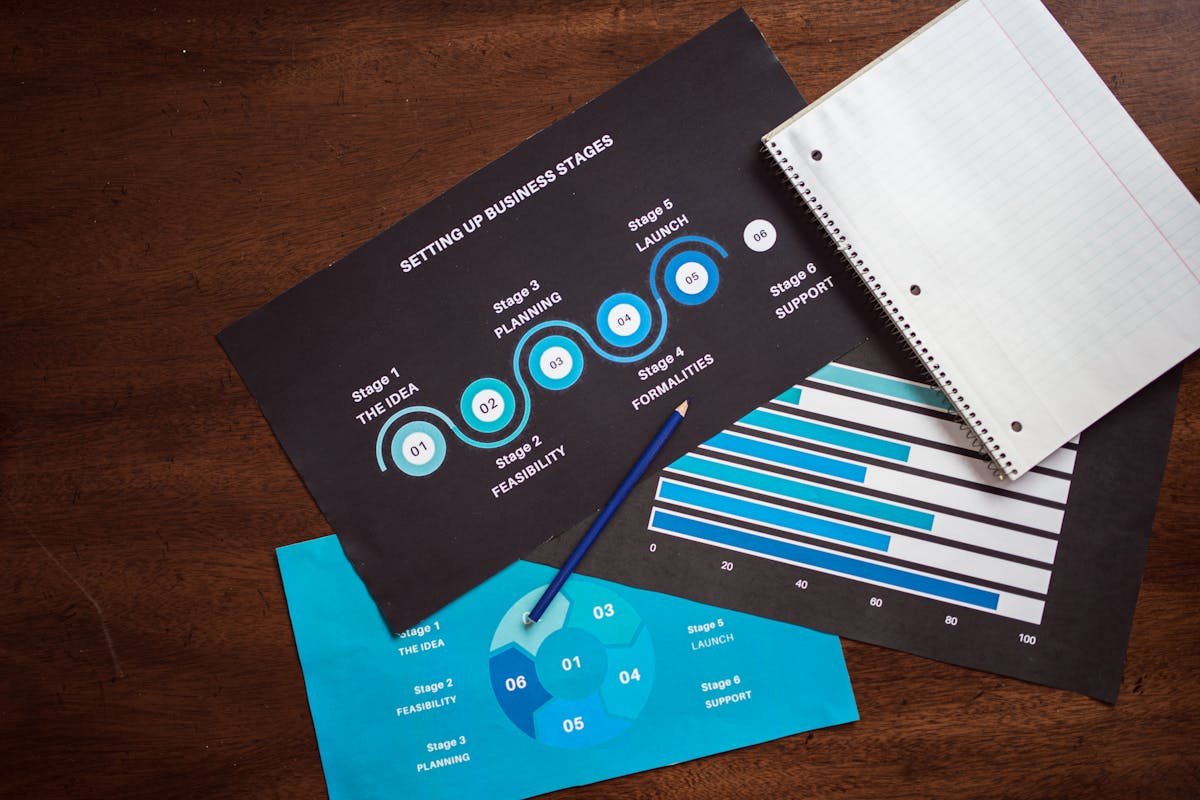What is financial resilience? 6 tips to develop it!
Finance / Date: 04-26-2025

Losing your job, paying for expensive health care, or having to fix a broken car can happen to anyone. Therefore, understanding what financial resilience is is vital to overcoming adversity, especially when you don’t have control over your finances or a cash reserve.
Not everyone has the ability to face the economic obstacles that arise, adapt to negative situations and recover financially. However, when it comes to money, the good news is that there is the possibility of learning to be resilient and making life easier.
In this article, we show you what financial resilience is and its importance, the benefits of practicing it, and tips for discovering how to develop it.
Happy reading!
What is financial resilience?
Financial resilience is a person's capacity to endure, adjust to and recover from economic hardship experienced either once or cumulatively over time. That is, this phenomenon refers to a person's capacity to mobilize money to meet and overcome adverse occurrences impacting finances.
As we mentioned, there are several situations that impact personal and family finances, such as unemployment, unexpected illnesses, extra costs for vehicle and home maintenance, and a sudden decrease in income.
Although you can't predict life's unexpected events, you can build financial resilience by changing your spending habits , planning, and managing your budget . This is the only way to better manage financial challenges if they arise.
How important is financial resilience?

Having financial resilience is important to help people prepare to face crises, avoid debt and maintain economic stability without losing emotional control and sleepless nights.
This is because developing this quality increases confidence to deal with difficult times, and consequently, reflects positively on mental health and quality of life.
Acquiring this skill also helps you become more adaptable to the adversities that arise along the way, if you need to change your financial and lifestyle, for example.
Thus, psychological flexibility is crucial in building financial resilience. That is, this quality prefers the acceptance of what cannot be altered and learning to live with what needs to be.
Now that you have an idea of what financial resilience is and why it is important, it is crucial to know about its benefits.
What are the benefits of financial resilience?
We have listed the main benefits of financial resilience to help you understand the benefits you will have in your life by developing it. Check it out below!
- Develops the ability to face emergencies, as it prepares people for unexpected expenses;
- Helps with financial management, such as debt control and financial reserves ;
- Increases productivity. With your finances organized and your routine up to date, you can focus on other areas of your life;
- Promotes economic security through changing consumption habits;
- Reduces stress, and consequently, increases quality of life;
- It provides material security and psychological tranquility. The adaptability of resilient people linked to financial planning offers these two advantages;
- Protects against economic risks, since financial resilience motivates the acquisition of insurance and investment of money in different types of investments ;
- Improves emotional state due to the possibility of acquiring financial balance.
How to develop financial resilience?
To learn how to develop financial resilience and benefit from this concept, we have put together 6 tips to apply to your routine. Check them out below!
1- Create an emergency fund
Emergency fund is a money plan that assists in unforeseen circumstances, including health issues, job loss or the death of a family member who is the primary earner.
In order to accumulate your reserve fund, allocate a monthly value that won't affect your accounts and invest the money in a secure investment with liquidity on a daily basis, where you can withdraw the money whenever you require it.
2- Control the budget
It is essential to know how much money comes in and goes out of your account each month. To do this, record your personal and family expenses and income, such as salary, extra income, pension or benefits.
This way, you manage your finances to make important decisions.
3- Adopt long-term financial planning habits
To carry out efficient financial planning , set clear goals and create a plan to achieve them.
This item complements the tip above, as it is necessary to have monthly budget information, analysis of expenses and income and definition of financial priorities.
4- Diversify your sources of income
Have more than one source of income, in case your partner or a family member loses their job and cannot meet their monthly obligations.
If this situation happens, you have another option to get money and pay basic bills.
5- Avoid impulse spending
Impulsive purchases are the villains of a budget, as they usually compromise savings.
So before you buy any item, ask yourself two questions:
- Do I need this product?
- Is it possible to postpone the purchase to another time?
By changing your behavior, you save and consume more consciously.
6- Learn about financial education
More than knowing how to face difficult situations, learn how to save. To do so, study financial education . The more you know about this topic, the more confident you will be in managing your finances.
It is possible to develop financial resilience!
To face the economic setbacks that arise with life's challenges, it is necessary to understand what financial resilience is, but also to develop the ability to adapt and overcome obstacles. This way, you strengthen both the monetary and emotional aspects.
With the practical tips in this article, it becomes easier to strengthen resilience in the long term, as long as you have dedication and discipline in your routine.
Follow Us
Newsletter
Subscribe to our newsletter to stay updated with our latest news and offers.
We respect your privacy.Trending










